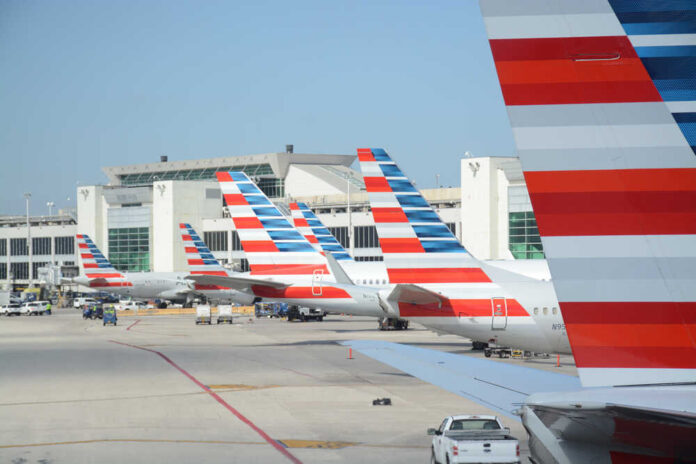
Estimates say there would be a need for an additional 60,000 airplane pilots by the end of this decade.
Experts testified before the House Transportation and Infrastructure Committee on Wednesday that the retirement of experienced pilots and the lack of qualified trainees will intensify the pilot shortage facing the U.S. airline industry in the coming years.
In an earnings call earlier this year, United Airlines CEO Scott Kirby said that the company, along with Delta, Southwest, and American, plans to add 8,000 pilots because pilots will soon become scarce.
As global lockdowns and public health restrictions reduced demand for air travel in the spring of 2020, commercial pilots were urged to retire by their employers, exacerbating a preexisting shortage of pilots. The rising cost of plane travel combined with the recent uptick in tourist activity has prompted lawmakers to take note.
In an interview with the House Transportation and Infrastructure Committee, Regional Airline Association CEO Faye Malarkey Black said the airline industry anticipates another surge of pilot retirements in the coming years, equivalent to a tsunami. Due to FAA regulations requiring pilots to leave their positions at the age of 65, more than half of today’s commercial pilots will be forced to retire within the next 15 years, while only 8% of pilots are under 30 years of age due to the high cost of flight training.
Sam Graves (R-MO), a pilot and chairman of the House Committee on Transportation and Infrastructure, noted in his opening statement that pilot training has remained unchanged. According to him, a recent FAA study proves that “the number of flight hours you have is not a reflection of what kind of pilot you are,” so the rule requiring pilots to have 1,500 hours of experience before flying a commercial airliner should be rethought.
The chief executive officer of FlightSafety International, Brad Thress, testified before lawmakers about the benefits of flight simulators for training pilots. He believes allowing credit for simulator training is valid for producing professional pilots.
According to data from the Bureau of Labor Statistics, airfare in the United States has climbed by approximately 18% year-over-year due to pilot shortages and increased fuel expenses.
Transportation Secretary Pete Buttigieg is against legislation proposed by Representative Chip Roy (R-TX) and Senator Lindsey Graham (R-SC) proposed to raise the retirement age for commercial pilots from 65 to 67.














